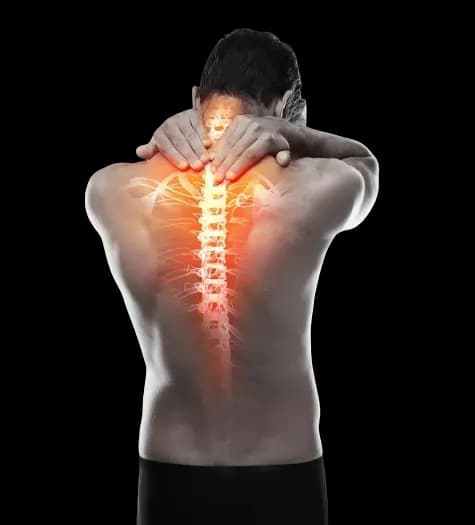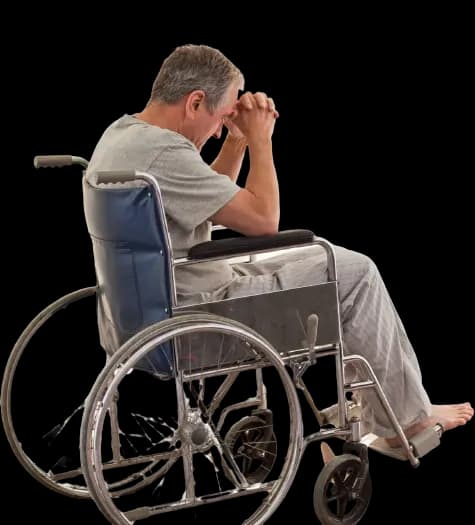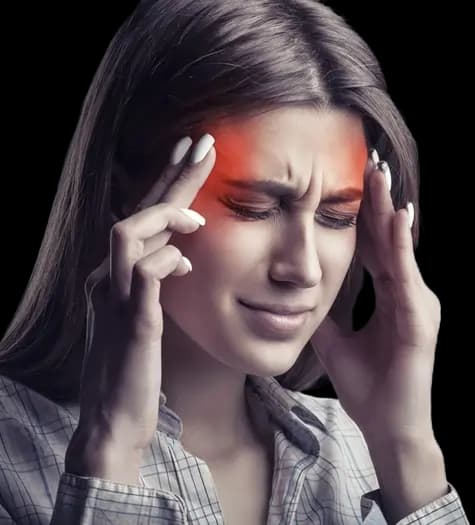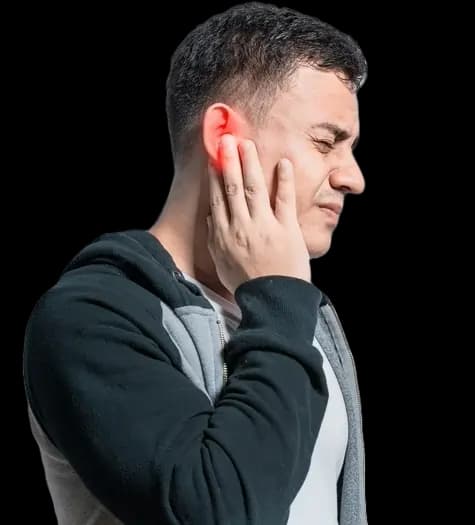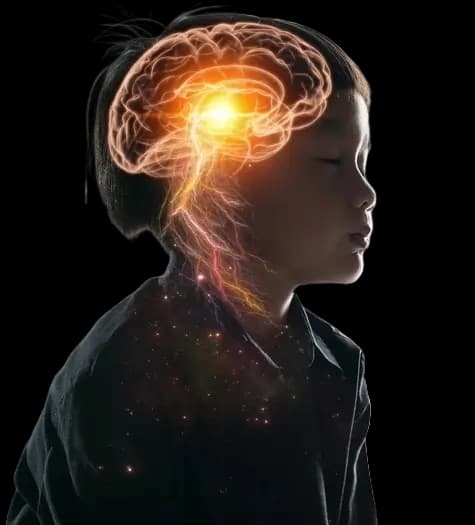Expert Neurological Care
Compassionate Care for Your Brain Health
Dr. Sandesh Nanisetty excels in identifying and managing a wide array of neurological disorders such as epilepsy, stroke, migraines, vertigo, multiple sclerosis, Parkinson's disease, diabetic neuropathy, and issues related to the cervical and lumbar spine, among others. He has a particular expertise in providing Botox injections for the treatment of dystonia, spasticity, migraine, and other neurological conditions, emphasizing meticulous attention to detail and superior patient care. Dr. Nanisetty's approach is centered on delivering personalized care and leveraging the latest in medical advancements, underscoring his commitment to enhancing patients' brain health and overall quality of life.

Dr Sandesh Nanisetty is a highly skilled and dedicated Consultant in Neurology, currently serving at Care Hospitals, Banjara Hills and Freedom Hospital, Gandipet. With a distinguished educational background, he attained his MBBS from Jawaharlal Nehru Medical College, KLE University. Dr Sandesh Nanisetty further pursued and excelled in his medical journey with DNB in General Medicine from St Theresa's Hospital, followed by MNAMS in General Medicine and DM in Neurology from Nizam's Institute of Medical Sciences (NIMS).
Dr Sandesh Nanisetty commitment to advancing his knowledge is underscored by certifications in Dementia from NHS, England, and MRCP (Neurology) from the UK. Dr Nanisetty has extensive experience, having served as an Assistant Professor at NIMS and a Senior Resident in Neurology.



